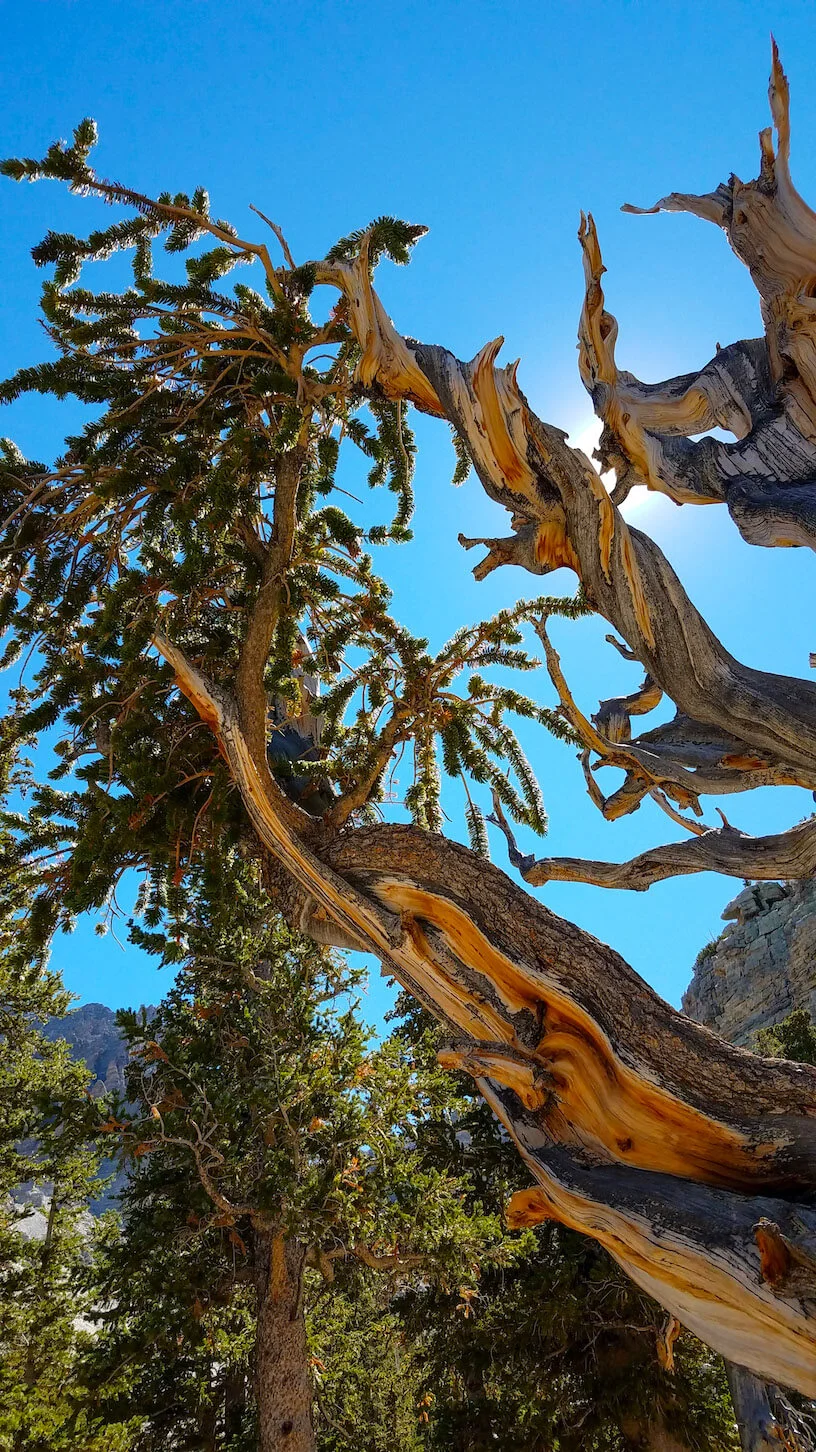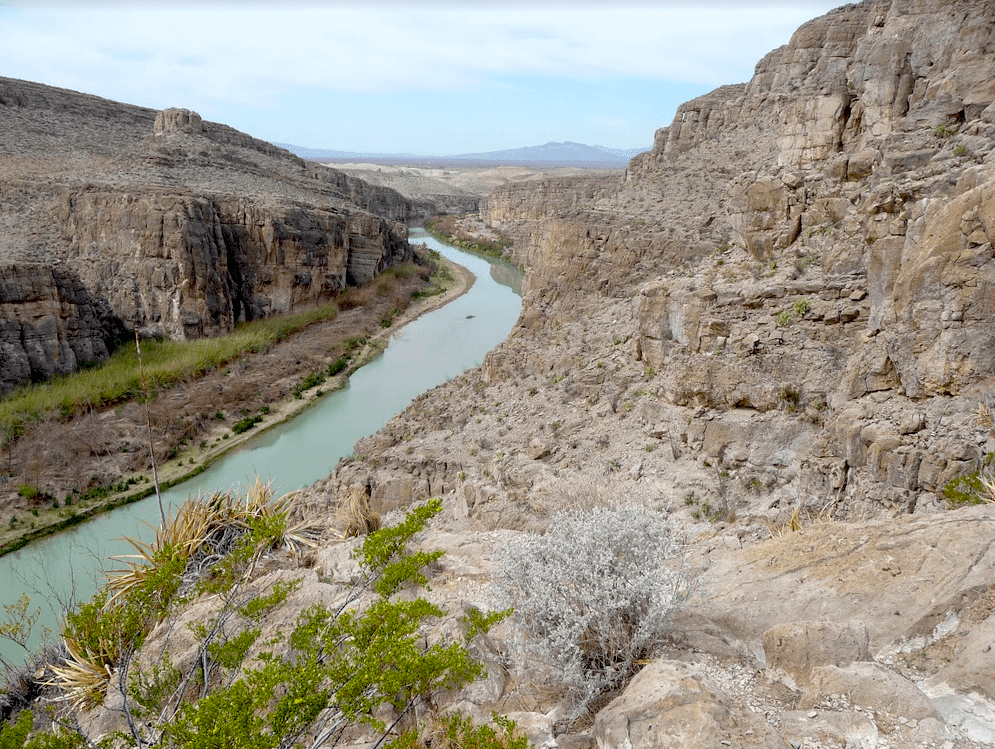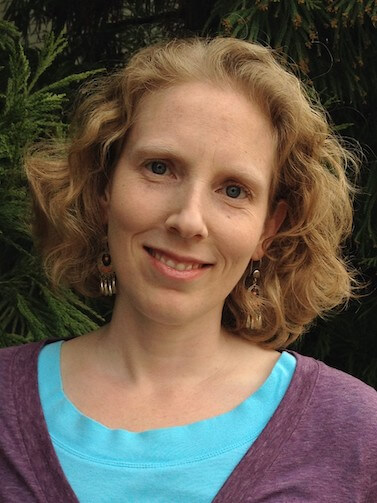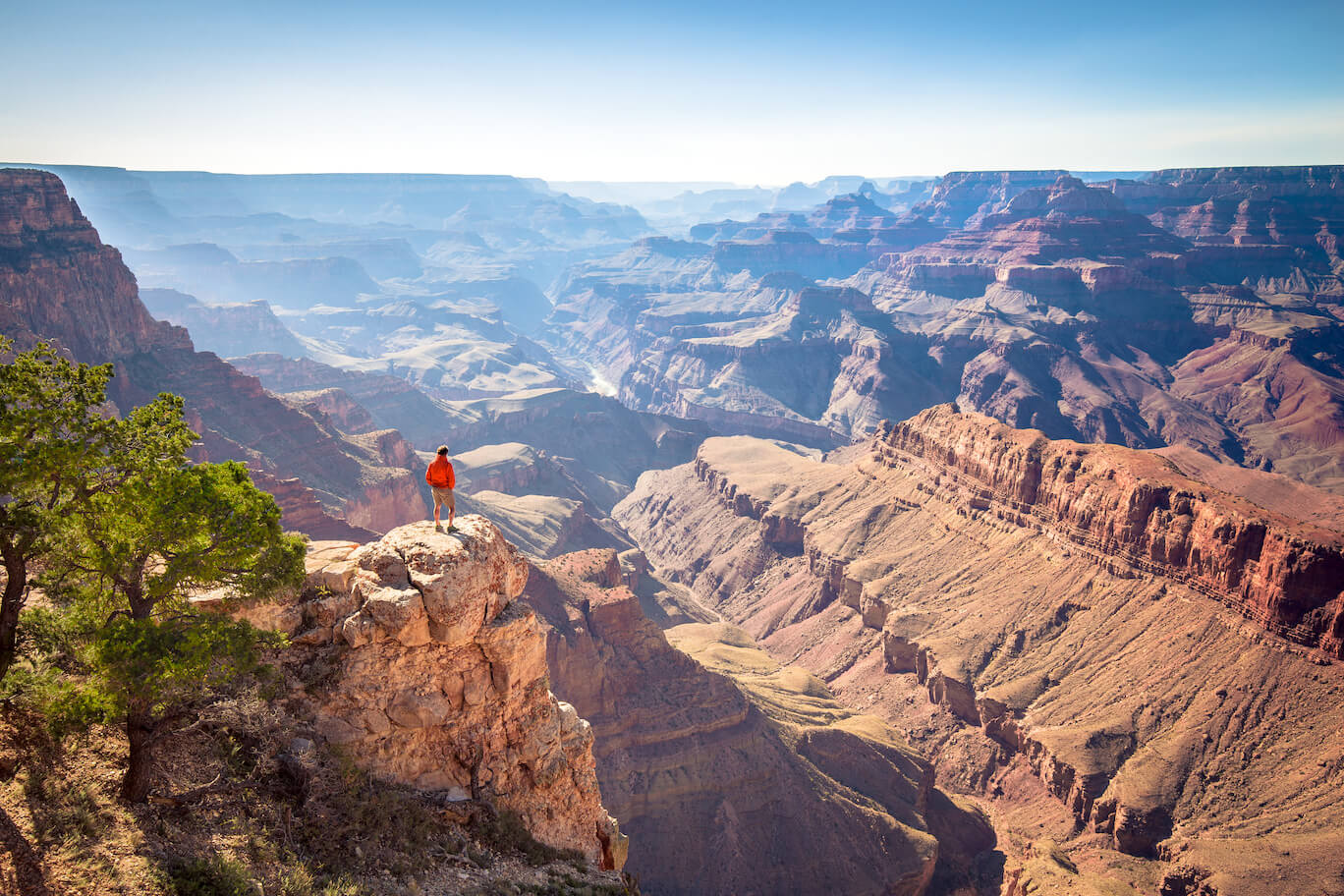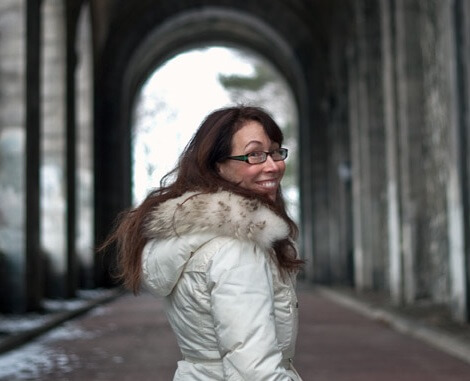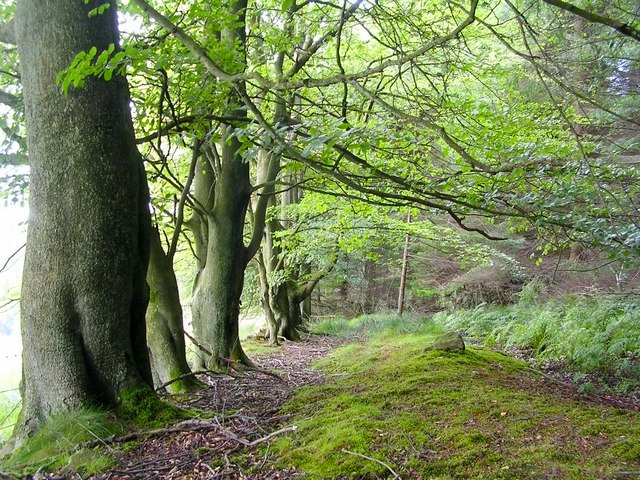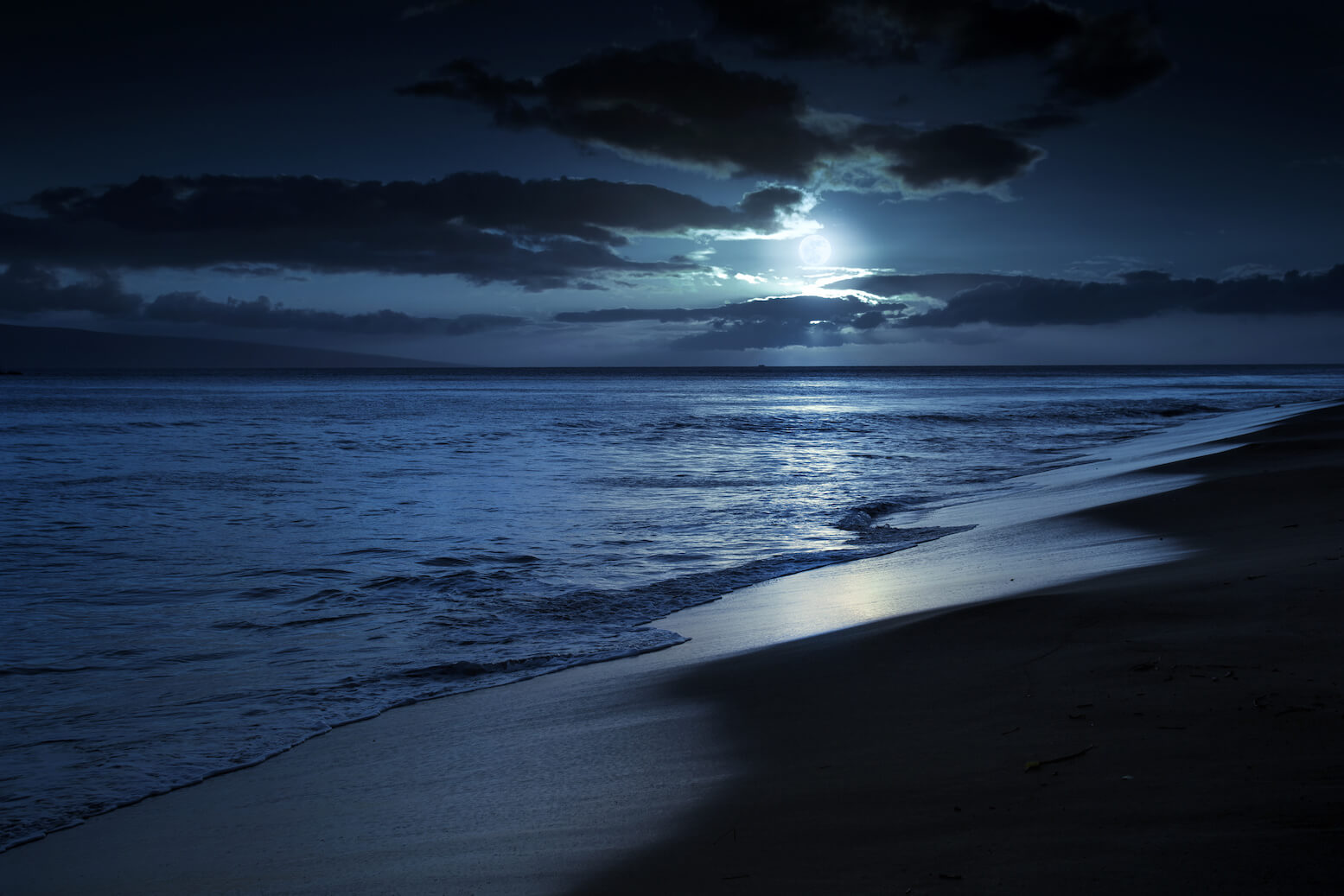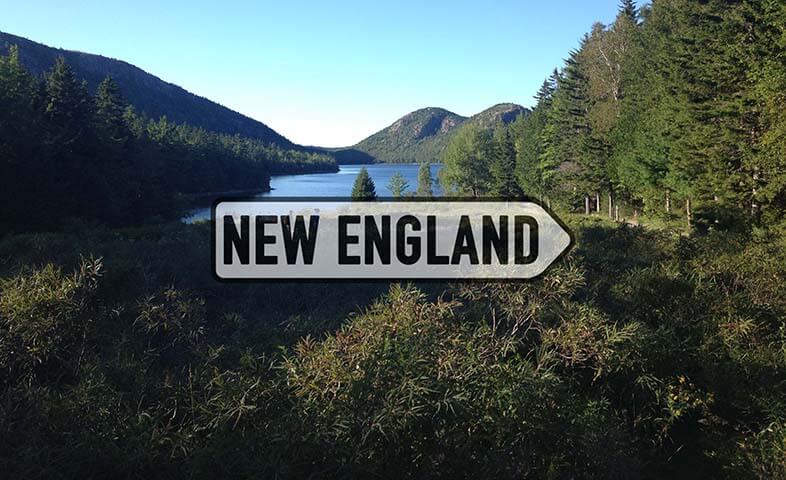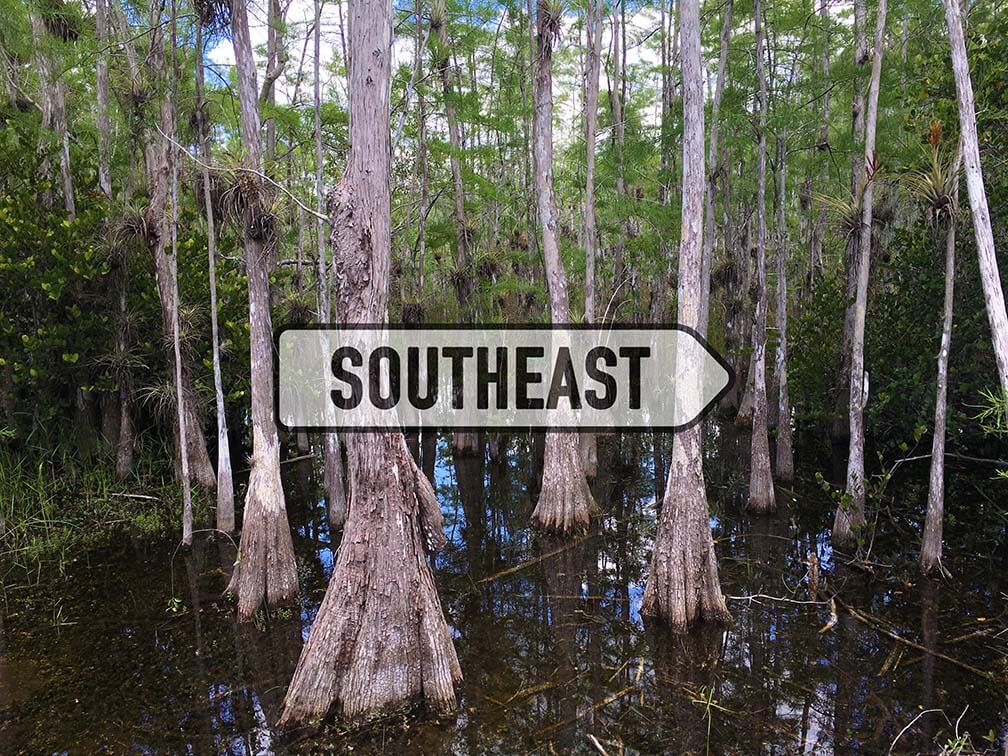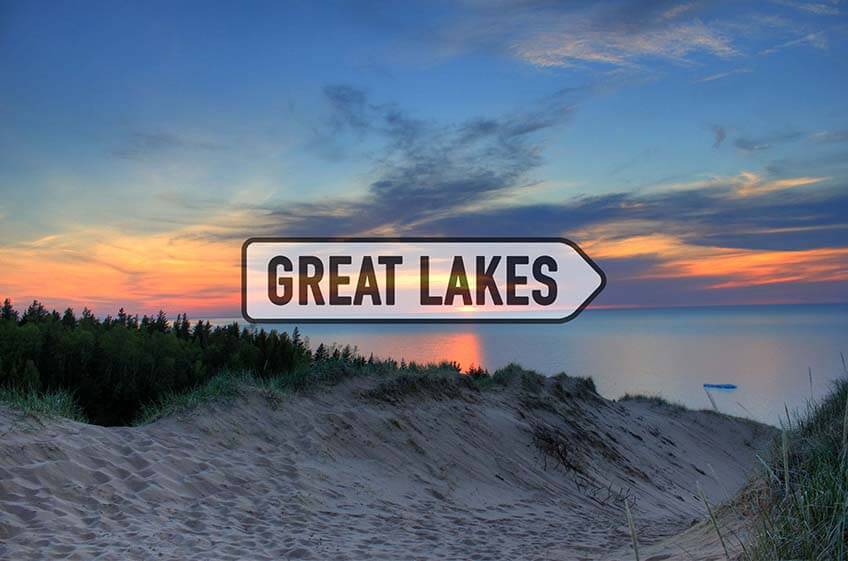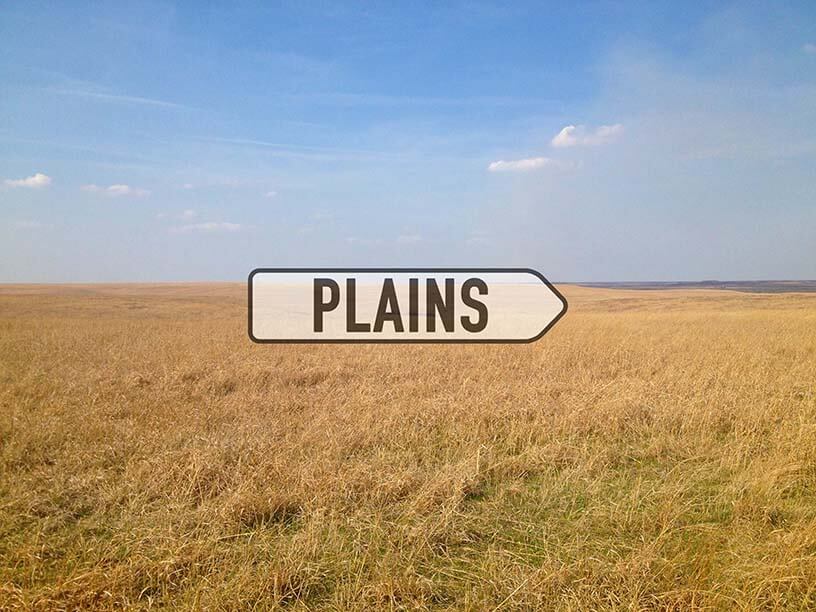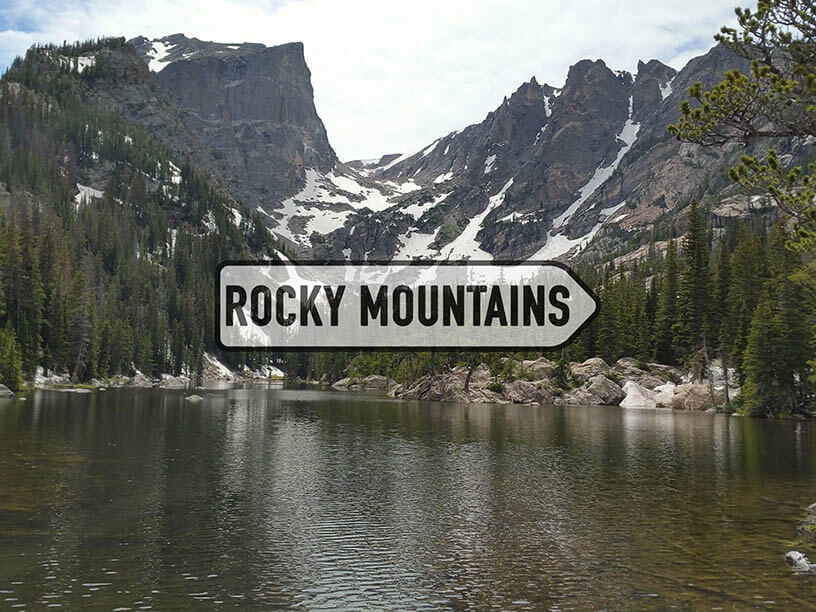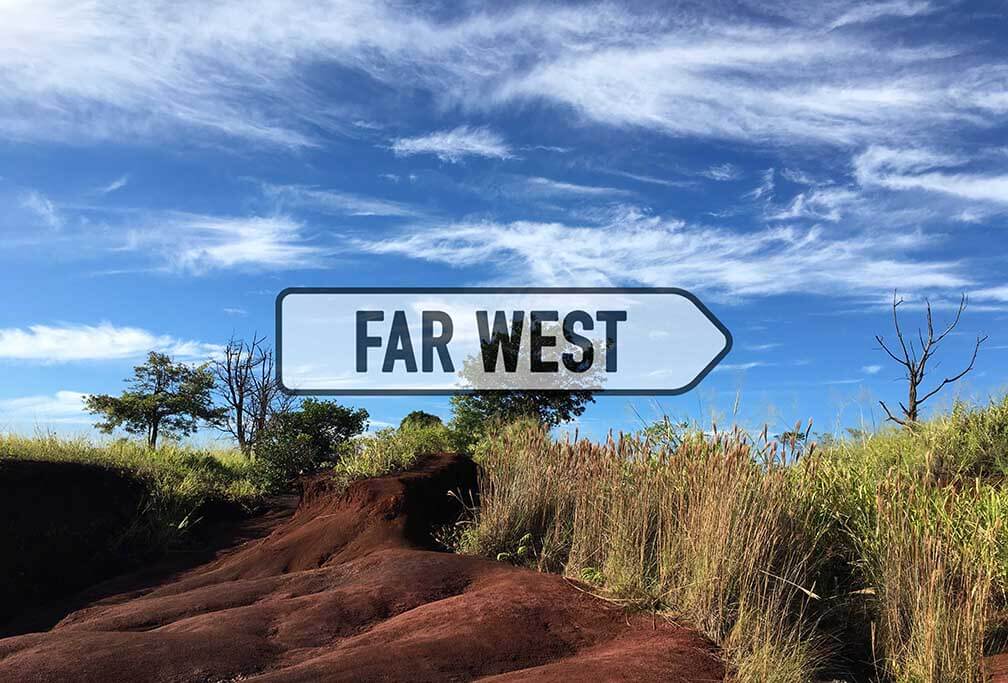What you hoped to find,
what you longed for and couldn’t
let go, a pink and purple
sunrise over a frozen lake
where deer stand below
the scotch pines
highlighted by snow,
won’t be here,
won’t wake you
into wonder. Instead,
a cloud cover
low enough it greys
the tops of trees as dawn ends
and light begins to slide
onto the frozen landscape,
the way you opened yourself
to yourself until
you realized you arrived
where you didn’t know
you needed to be
but knew it was right
because you could breathe.
Strange how change happens
so slowly you forget
you’re noticing
the colors of green
against the white of snow.
Look at how light crawls in.
What are you doing—
Where is the heart when—
The questions stutter
their fragments
and you’re the loud one here.
What if the lack of footprints
could be enough?
What if you could become
what you see: stillness
in the spruces
even with the weight
of snow. Let go
of your longing
and listen:
silence until
the first chirps
of a dark-eyed junco.
Sign of waking life,
sign of singing
what you didn’t know
you knew.
Nicole Robinson's poetry has appeared in Connotation Press, Great River Review, Tahoma Literary Review, The Fourth River, and elsewhere. She has received an Individual Excellence Award for poetry from the Ohio Arts Council and serves on the board for Lit Youngstown. Robinson holds an MFA in poetry from Ashland University and is currently the writer-in-residence at Akron Children's Hospital.







